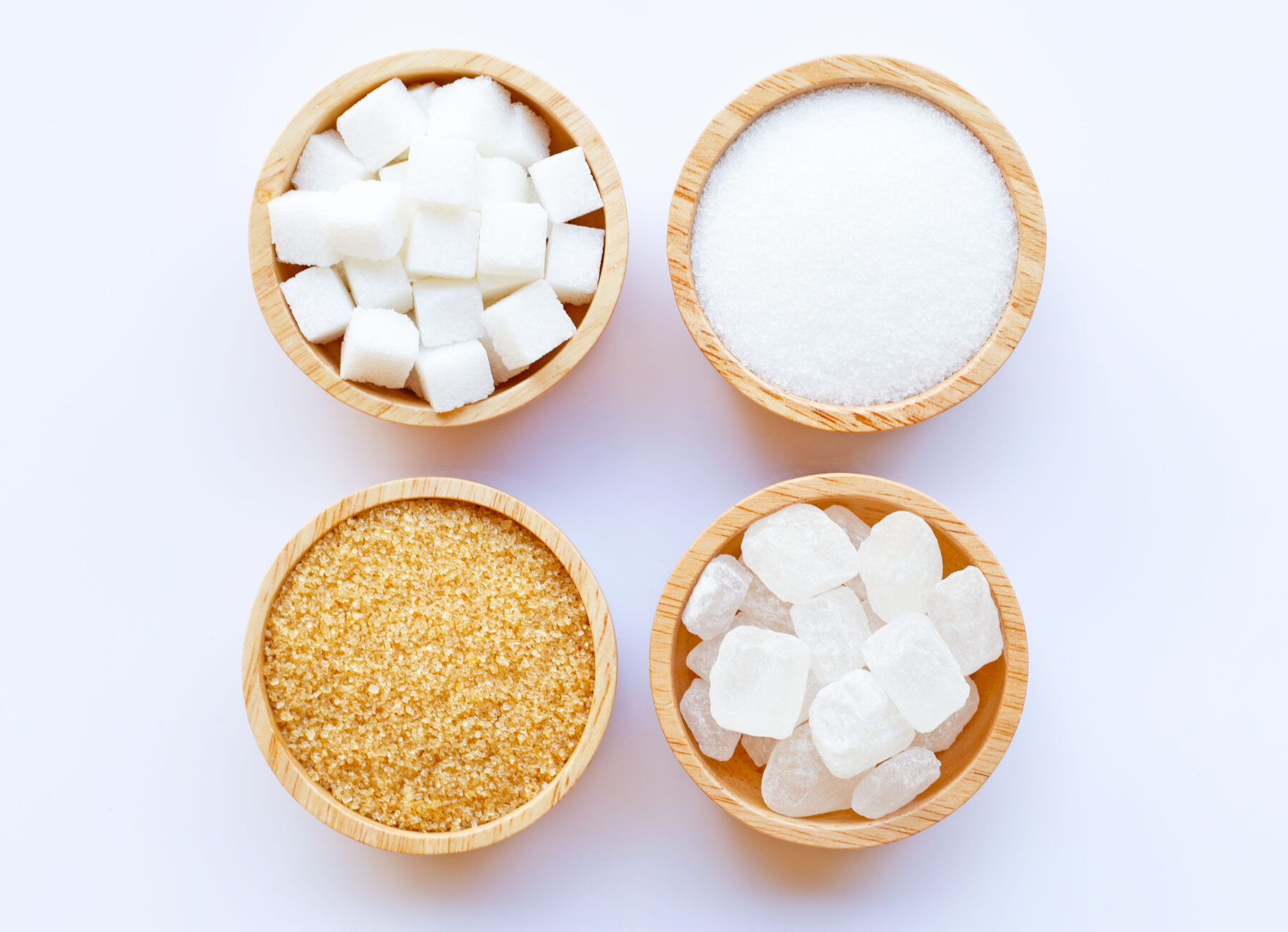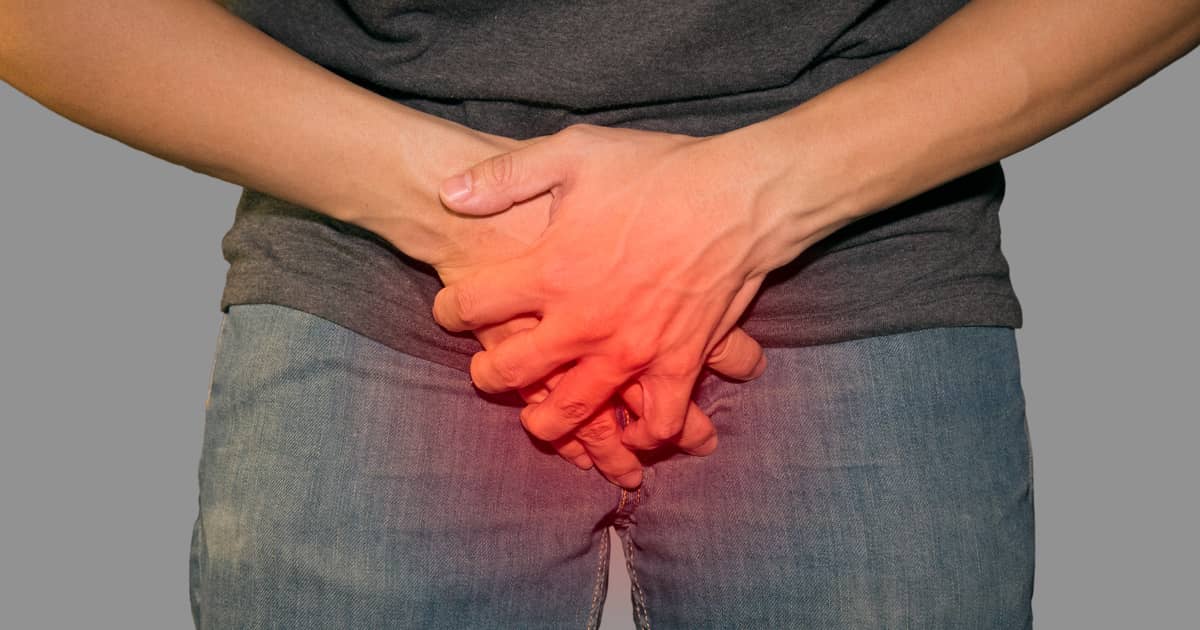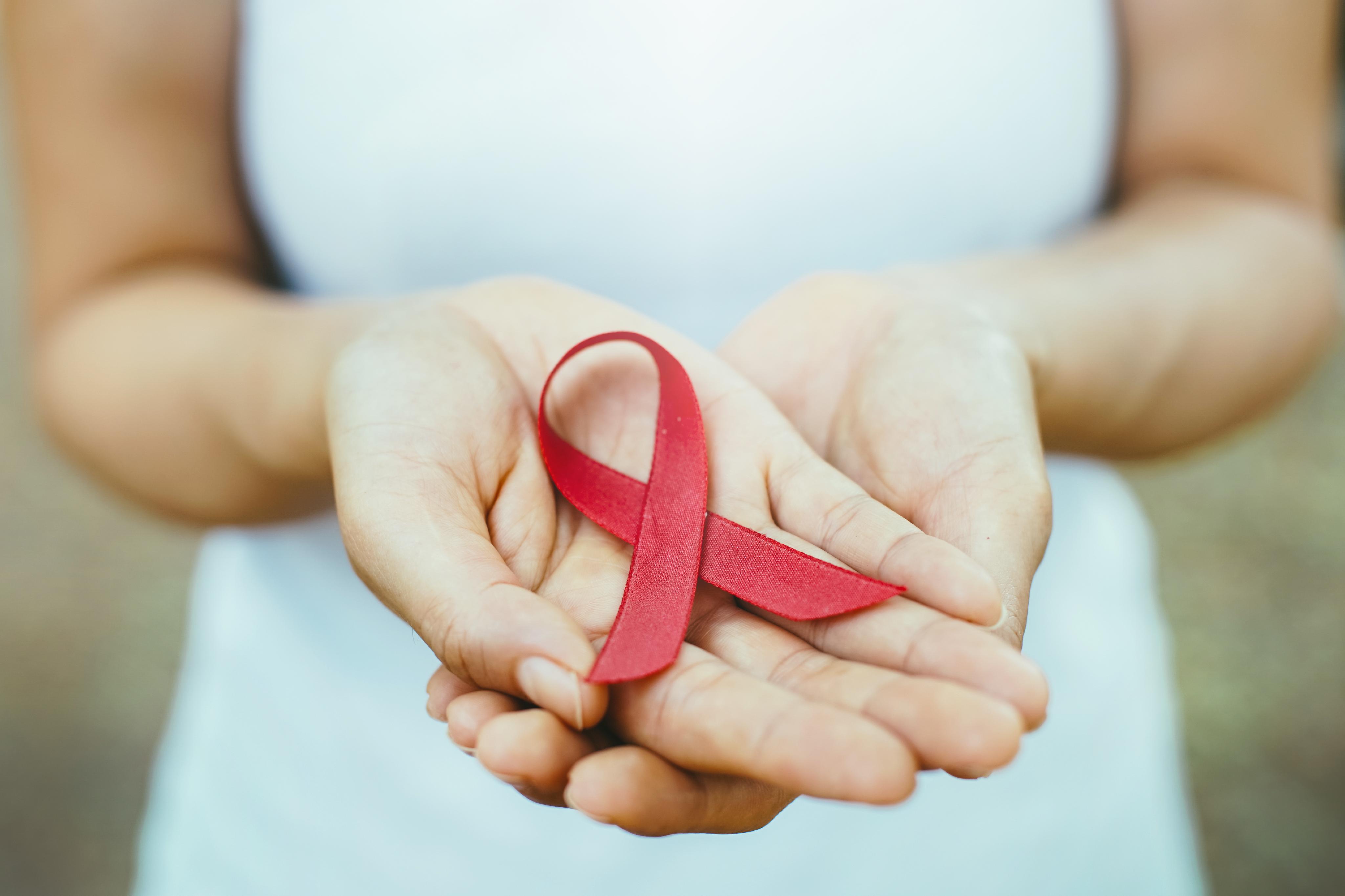Does sugar cause cancer?
The news that eating too much sugar causes cancer is now being heard on social media. Experts also suggest not to mix sugar in food as much as possible.
Does sugar really cause cancer? And does sugar help cancer cells grow?
First let's understand about sugar.
According to nutritionist Pratima Sen, there are different types of sugar. Types of sugar include glucose, lactose, sucrose and fructose.
Dr. Sen says, 'Fruits contain more glucose and fructose. Lactose is found in dairy products like milk and cheese. Honey and fruits contain glucose and it is not harmful. But if you eat more processed sugar i.e. food with sucrose, it will harm the body.
Pratima KC, Nutritionist
Sugar and Cancer
Sugar increases obesity. And obesity is a risk factor for diabetes. There is no doubt about it. Because if the amount of sugar increases in the body, it remains in the body as unnecessary fat. And, it brings obesity.
But science has not been able to make a clear conclusion about how it causes cancer or how it causes cancer.
What does the study say?
Last year, a study by French scientists found that sugar increases the risk of cancer. According to the study, if you drink an additional 100 milliliters of such sugary products every day, the risk of cancer increases by 18 percent.
This news created waves in the public mind. Mice were used in that study. But it was not tested on humans. They argue that more studies are yet to be done for this. Even some studies have not been able to say that it has been clearly confirmed.
Some experts believe that obesity can cause cancer even though there is no evidence that sugar is directly linked to cancer. Every cell in the body is used for blood sugar (glucose). Glucose brings energy to the body.
But cancer cells use about 200 times more energy than normal cells. The tumor grows thinner and wider, which requires more and more glucose from the lungs to grow. What this shows is that glucose also helps in the formation of cancer cells.
The American Cancer Society and the National Cancer Institute also do not say that sugar causes cancer.
Fat cells secrete inflammatory proteins called adipokines. These elements can damage human DNA and cause tumors. The more fat cells accumulate, the more deadly protein remains in the body. Obesity increases the risk of 13 types of cancer, including breast cancer, liver cancer and colon cancer.
According to the American Cancer Society and National Cancer Institute, sugar does not contain carcinogenic elements that cause cancer. However, eating too much sugar can increase the risk of obesity and cancer. But there is no evidence that cancer cells cause cancer by multiplying rapidly.
The rumor that sugar causes cancer
Dr. Arun Shahi, Oncologist
It is not true that the sugar we eat causes cancer. No matter how many studies and researches have been done on this, no concrete evidence has been found. There has not been a comprehensive study on this.
It can be seen that some people believe such rumours, and give up sugary foods at once, which is not considered good in terms of health. There are as many foods as we eat. Protein, carbohydrates and fat are made from it.
Dr. Arun Shahi
Sometimes, the diet is not good and after prolonged starvation, protein and fat are also converted into glucose. What this means is that we need glucose for energy. But too much can promote obesity and diabetes.
If obesity is not controlled or diabetes has reached 10 to 15 years, stomach cancer can occur. Cancer is the uncontrolled division of cells. These divided cells also need glucose to grow. Which is obtained more from carbohydrates and sugar products.
Therefore, glucose is the basic fuel that powers each of our cells. If we eat or drink foods that contain a lot of glucose, it is absorbed directly into the blood, where it is ready to be used by the cells.
If you look at it this way, sugary foods do not directly affect you, but if you have obesity and diabetes and if you do not control it, if you eat too much processed sugary foods, there is definitely a risk of cancer.
How is sugar made?
To make sugar, the sugarcane must first be cut after it is ripe. Then cut the sugarcane into small pieces. The cut sugarcane should be washed so that it is clean and the juice should be extracted from it. Then it is cleaned by dissolving it in lime and sulphur. By doing this, mud and dirt are removed. And sugar grains are made by cooking in different stages.
Even if you don't eat sugar?
According to nutritionist Pratima Sen KC, sugar candies are eaten for taste. It is a source of carbohydrates. Rice, wheat, like the food we eat, is also a source of carbohydrates, when we eat these foods, they are also converted into sugar. That's why doctors say that even if we don't eat extra sugar, we can get the sugar our body needs from other foods as well," she says.
According to the American Heart Association, a man should not eat more than 36 grams or 150 calories of sugar per day. Women should not eat more than 25 grams or 100 calories of sugar.
What can be eaten instead of sugar?
Some people use Misri, Sakhar's Q. as a substitute for sugar They do yoga. But this is not a good option, because the amount of carbohydrates and glycemic index is the same in Misri and Sugar, says Casey.
"It is better not to use corn and sugar as a substitute for sugar," she says, "We can use natural sugar as a substitute for sugar." For example, fruits, chickpeas, raisins, etc. are sources of natural sugar.
Is it better to stop eating salt and sugar?
Don't eat too much junk food, it contains a lot of salt. Cold drink should not be drunk, it has a lot of sugar.
This is what we hear a lot. Sugar and salt seem to be blamed for diseases ranging from high blood pressure to diabetes. Are sugar and salt really the enemy of health? What happens when you give up salt and sugar?
Nutritionist Ujjwal Rayamazhi says that the role of both salt and sugar is important for the body to function in a healthy manner. Consuming too much salt and sugar has a negative effect on health. But using limited amounts of salt and sugar in daily food does not make much difference,” he says.
Salt is made up of sodium and chlorine. which is necessary to maintain fluid level balance and control muscle contractions. Also, sugar is a form of carbohydrate and is a good source of energy for our daily activities, says Rayamazhi.
What happens when you use too much?
If you use too much salt and sugar, you can get many types of diseases. According to nutritionist Rayamazhi, excessive use of it leads to high blood pressure, diabetes, heart problems and kidney problems.
"For some time now, the use of food available in the market has increased rapidly. Most of these foods available in the market are high in salt and sugar. Such food also increases the risk of high blood pressure and diabetes and also increases obesity, he says.
The role of salt-sugar in weight gain
Carbohydrates are high in sugar. Therefore, consuming too much can lead to obesity. "But if it is used in a very small amount, it can help in weight control," says Rayamazhi.
The sodium in salt increases hunger hormones, leading to overeating and weight gain. Similarly, Raimajhi suggests that reducing the amount of salt will reduce the risk of high blood pressure and obesity.
Eating foods that are high in salt increases the amount of sodium in the body. When the amount of sodium increases, the body reduces the production of urine, increases thirst and the body stores more water. Which increases the weight of water in the body," he says.
What happens when you give up salt and sugar?
Food without salt and sugar can hardly be imagined, we have become accustomed to it. Rayamazhi says, "Therefore, if you leave it suddenly, the body may lack micronutrients." Hormones can be unbalanced, so it should be reduced gradually rather than quitting suddenly.
Sodium is needed to control the amount of water in the body. Sodium plays an important role in exchanging information from the brain to other parts of the body. Salt is its main source. Also, sodium is needed to keep the muscles active. Therefore, it is better to reduce the quantity than to quit suddenly,” says Rayamazhi.
Carbohydrates are needed for daily energy which is found in sugar. Rayamazhi says, "But since we get carbohydrates from other food sources, it is appropriate to consume them in a very small amount."









